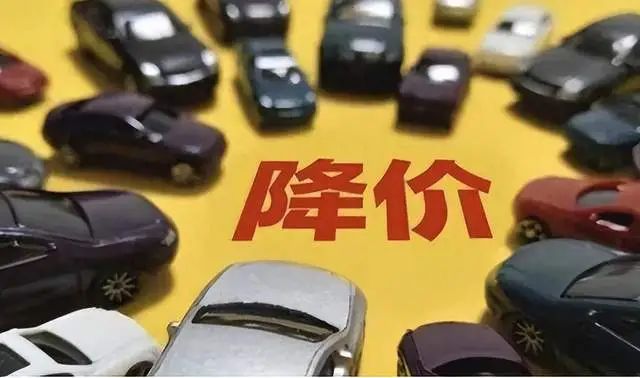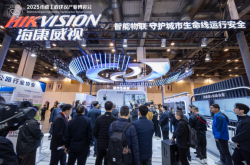Zhang Dongwei: Regulating Competition in the New Energy Vehicle Industry Requires a Broader Focus Beyond Retail Prices
![]() 06/05 2025
06/05 2025
![]() 453
453
Can automakers fully determine their own pricing?
On May 31, the China Association of Automobile Manufacturers (CAAM) issued an "Initiative on Maintaining Fair Competition and Promoting Healthy Industry Development." Subsequently, the Ministry of Industry and Information Technology (MIIT) expressed support for the initiative and vowed to intensify efforts to regulate "cutthroat" competition in the automotive industry, ensuring a fair and orderly market environment.
Renowned media personality Xin Haiguang penned an article in The Beijing News, emphasizing that "price wars" have no winners and a dim future.

However, focusing solely on retail prices and prohibiting price reductions and promotions may lead to a scenario akin to the real estate industry, where price freezes can stagnate market dynamics, ultimately leading to decline.
Automakers' pricing decisions, whether to increase or decrease, should be autonomous within a market economy.
Regulating "cutthroat" competition necessitates a holistic approach, delving beyond retail prices to uncover the fundamental internal factors that drive "disorderly" price reductions. Addressing both symptoms and root causes is imperative.
First, Ensuring Quality is a Prerequisite for Price Reductions
Huawei's Yu Chengdong recently highlighted at a new energy vehicle industry conference that "if Huawei's standards were applied, some automakers' models would never leave the factory." "Cutthroat" competition can jeopardize product quality and after-sales service.
Declining procurement prices of upstream components, at rates of 10%-15% annually, may prompt suppliers to compromise on quality in certain areas. Meanwhile, the deterioration of downstream dealers, including closures, has reduced the timeliness, convenience, and reliability of after-sales service.
Therefore, automakers should be encouraged to establish a "special deposit" system based on production and sales volumes, akin to those in the real estate and financial industries, with funds managed in a dedicated account by the government or industry associations.
Second, Preventing the Creation of Internal Capital Pools
The establishment of a huge capital pool under the guise of "credit terms" poses a significant risk for new energy automakers.
The government has already mandated shorter credit terms for government agencies, public institutions, and state-owned enterprises. This should serve as a basic bottom-line criterion across all sectors and industries.
Internet e-commerce enterprises often extend credit terms up to 180 days, using suppliers' funds for online lending, issuing IOUs externally, and earning internally. In the new energy vehicle industry, this practice is even more alarming, with some leading enterprises developing their own "currency" and using bills for financial exchanges and extensions.
Such practices, if left unchecked, could directly impact social stability. Hence, it is urgent for relevant regulatory agencies to conduct a major financial compliance inspection of the automotive industry's supplier fund occupation situation.
Third, Establishing Technological Standards
Currently, the same model from the same automaker can involve numerous "word games" in specific procurements.
With the influx of technology industry personnel into the automotive sector, cars now come with Ultra, Max, Pro, Plus, standard, and intelligent driving versions, making it challenging for consumers to discern the underlying meanings behind these names.
It is often only after a car accident results in a lawsuit that the family of the car owner realizes the paid price may not include advertised features.
Global car owners should remember the tragic incident involving Chinese-American businesswoman Zhao Anji, once among the world's richest, who drowned in February 2024 after being unable to open the doors and windows of her Tesla when it fell into water.
Therefore, it is crucial for relevant departments and industry associations to revise mandatory standards promptly, making manual door and window opening during power outages, intelligent braking, and obstacle avoidance rigid basic requirements for new energy vehicles.
If automakers achieve balanced development in product quality, financial health, and technological innovation, offering both performance and value, "cost-effectiveness" will become a well-deserved sense of gain for ordinary people.




